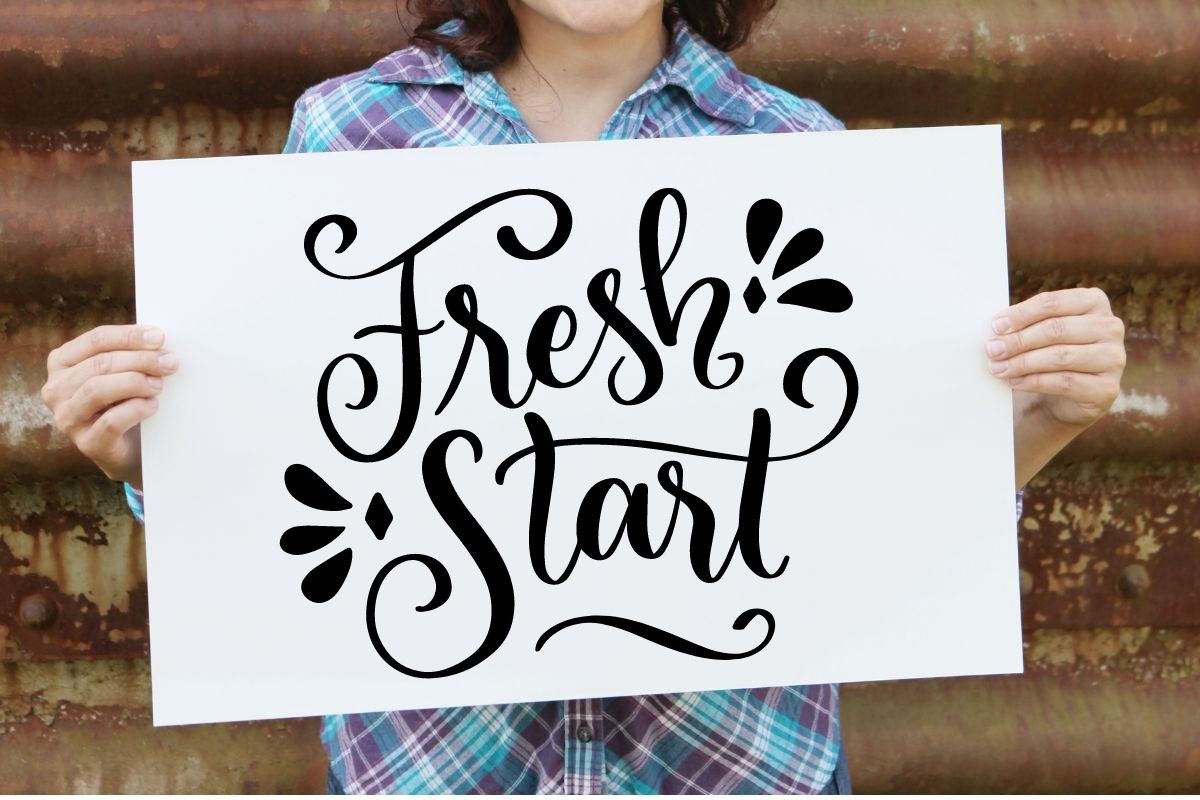
Overview: Take a moment during the break to sit down, think about the upcoming second-half of the semester, and plan for how you might do it better than the first half. Use the natural break of semester to contemplate a ‘fresh start’. Reading time ~ 3.8 minutes.
Recently I read a book by Katy Milkman called “How to Change: The Science of Getting from Where You Are to Where You Want to Be“.
I’m still processing some of the content for an upcoming blog post.
Essentially the book described different behaviour change studies conducted by Milkman and her colleagues on such topics as procrastination, forgetfulness, laziness, confidence and more.
From these studies, Milkman tries to extract behaviour change ideas that we can use as individuals to make improvements in our own lives.
One that stuck with me that is timely to discuss in the holiday break is the idea of a ‘fresh start’.
The basic idea is that we are more likely to initiate and stick with some kind of meaningful change if it is initiated in the context of a ‘fresh start’. It is why so many people take up ‘new years resolutions’. They get to start the new year with a new version of themselves.
If you didn’t get off the best start this year, perhaps a ‘fresh start’ when returning from the break is a good plan.
And let’s be honest, you wouldn’t be criticised for having a slow or less successful start to the year. We have COVID fatigue. We have war in Ukraine. We have various types of political instability. There is a lot going on!!
So what might a fresh start look like?
Basically anything that helps you with the following:
- Allocating sufficient time to your studies
- Planning your days and weeks and knowing what tasks need to be done
- Learning to sit with that first 20-30 minutes of discomfort when sitting down to work, without getting distracted by other things
- Starting assignments and revision with enough lead-time so you aren’t doing it all at the last minute
- Reaching out for help (academic, personal) if there is something that you are struggling with
- Signing up to programs that may teach you valuable wellbeing or academic skills
The changes needn’t be big, just something that you commit to doing differently in order for the second part of this semester to work out a little better than the first part.
Or maybe it isn’t study related changes that are important to you. Perhaps there are changes in your life outside of uni that need to be made. The same ‘fresh start’ effect can be used for them also.
Basically use the mid-semester break and Easter break to mark a period of time in which you make the intention to move forward in different way.
The data suggests you will be more successful doing so than if you make the decision at some random time during the semester.
Isn’t science interesting?!

